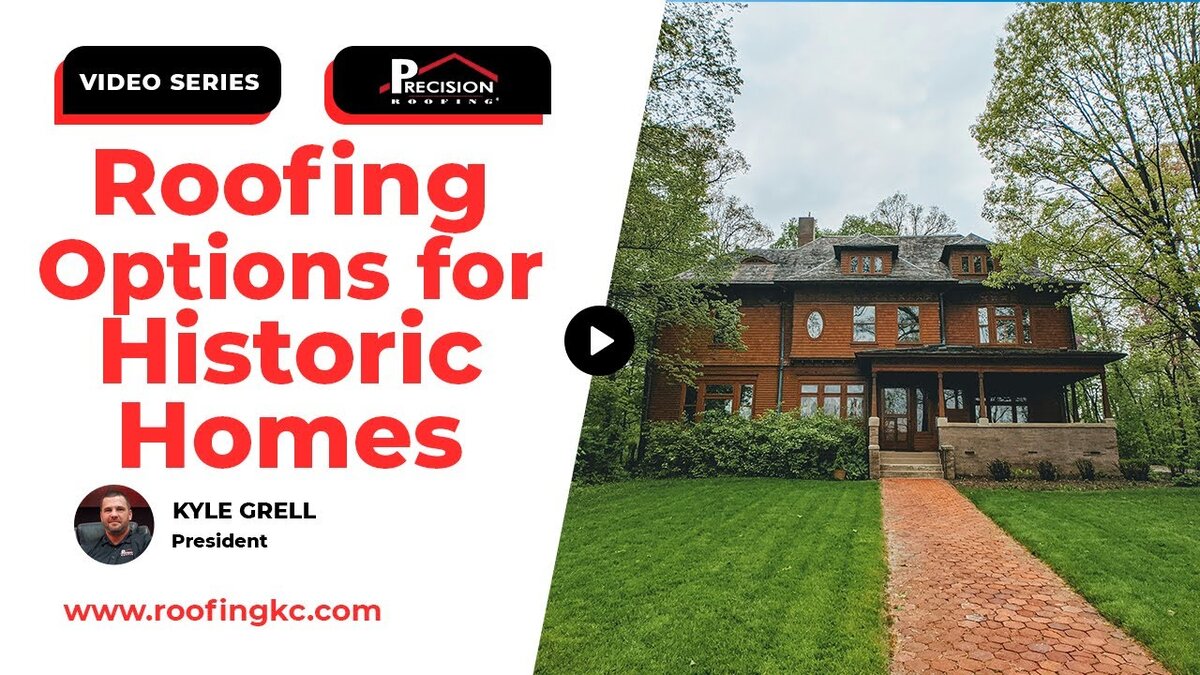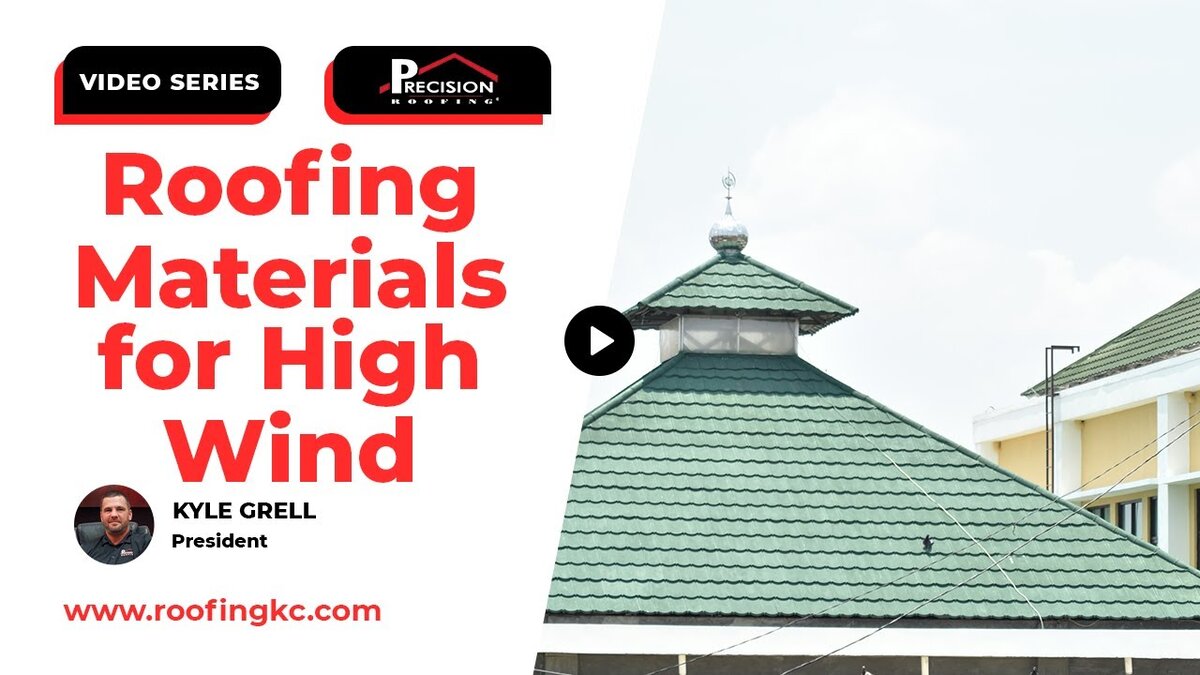Are you torn between composite and asphalt shingles for your next roofing project? Each type brings its unique set of advantages, and understanding these can help you make a choice that ensures both the aesthetic appeal and longevity of your home’s roof. Here’s a detailed look at what sets composite shingles apart from their asphalt counterparts, helping you make an informed decision tailored to your home’s needs.
Composite Shingles: What it is, Key Features
Composite shingles, often referred to as synthetic shingles, are made from a blend of materials designed to mimic the appearance of traditional roofing materials like slate or wood. One of the most popular types of composite shingles is the DaVinci brand, known for its high-quality plastic construction.
Key Features of Composite Shingles:
- Durability: Composite shingles are built to last, with a life expectancy of up to 50 years. Their resilience against hail and other severe weather conditions makes them an excellent choice for those looking to invest in a long-term roofing solution.
- Weight Considerations: One of the most significant advantages of composite shingles is their lightweight nature. Unlike real slate shingles, which are incredibly heavy and often require structural reinforcement, composite shingles can be installed on any home without the need for additional support. This makes them a versatile option for various architectural styles.
- Aesthetic Appeal: Composite shingles are designed to closely resemble their natural counterparts, so much so that the average person would have difficulty distinguishing between a real slate roof and a composite slate roof. This ability to replicate the look of high-end materials without the associated weight or cost makes composite shingles a popular choice for upscale homes.
- Installation and Cost: While composite shingles offer numerous benefits, they do come with a higher price tag. The materials themselves are expensive, and the installation process is more time-consuming due to the need for specialized tools and precise fastening patterns. The interlocking design and additional accessories also add to the complexity and cost of installation. However, for homeowners seeking a premium look and feel, the investment can be well worth it.
Asphalt Shingles: What it is, Key Features
Asphalt shingles are the most common roofing material in the industry, known for their affordability and ease of installation. They come in various styles, including the standard architectural and three-tab shingles, which are staples in residential roofing.
Key Features of Asphalt Shingles:
- Cost-Effectiveness: Asphalt shingles are the go-to option for many homeowners due to their budget-friendly nature. They offer a long-lasting roofing solution without breaking the bank, making them a practical choice for a wide range of homes.
- Variety: While asphalt shingles are known for their standard designs, there are options to elevate the look of your roof. Designer shingles and Class 4 shingles are available for those who want a unique appearance or enhanced durability. For instance, Owens Corning offers a Flex shingle with a rubberized backing, providing superior hail resistance. Some insurance companies even offer rebates or discounts on premiums for homes with Class 4 shingles, as these are highly resistant to damage during hail storms, potentially saving the insurance company from having to pay for a new roof.
- Installation: Asphalt shingles are easier and quicker to install compared to composite shingles, which can lead to lower labor costs. This ease of installation makes them a convenient option for both new construction and roofing replacements.
Composite Shingles vs. Asphalt
When deciding between composite shingles vs. asphalt shingles, there are several factors to consider:
- Durability: Composite shingles have a longer lifespan, often outlasting asphalt shingles by decades. If you’re looking for a roof that will stand the test of time with minimal maintenance, composite shingles might be the better option.
- Cost: Asphalt shingles are the more affordable option upfront, both in terms of material and installation costs. However, composite shingles may offer better long-term value due to their durability and longevity.
- Aesthetic Preferences: If achieving a high-end look is your priority, composite shingles can provide the appearance of natural materials like slate or wood without the associated drawbacks. On the other hand, asphalt shingles offer a wide range of styles and colors, allowing you to achieve a customized look at a lower price point.
- Weight Considerations: If your home cannot support the weight of traditional slate or wood shingles, composite shingles are an excellent alternative. Their lightweight nature makes them suitable for virtually any home, eliminating the need for structural modifications.
- Installation Complexity: While asphalt shingles are relatively simple to install, composite shingles require a more complex process due to their interlocking design and the need for precise cuts. This added complexity can increase both the time and cost of installation.
In Summary
Choosing between composite shingles vs. asphalt shingles ultimately depends on your specific needs, budget, and aesthetic preferences. Composite shingles offer unmatched durability and a premium look, making them ideal for high-end homes. However, they come at a higher cost and require more complex installation. On the other hand, asphalt shingles provide an affordable, easy-to-install option that doesn’t compromise on variety or style.
If you’re considering a new roof or a roof replacement, we’re here to help you make the best decision for your home. Contact us today to discuss your roofing options and find the perfect fit for your needs.




